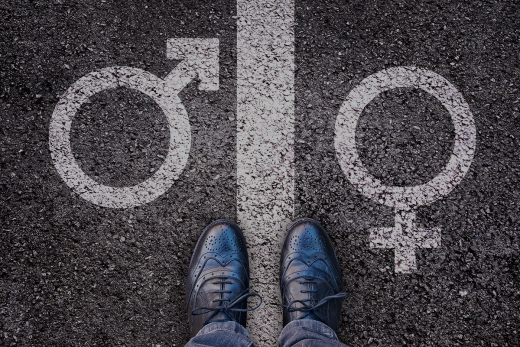Having a transgender identity is conceived as a mental disorder in current classification systems (ICD-10 and DSM-5). However, there are many opposing voices, including much of the organized transgender population around the world, and a high proportion of mental health professional in different countries (See, for example: Drescher et al., 2012; Drescher et al., 2016). They believe that conceptualizing transgender identity as a mental disorder reflects a clear stigmatization of a way of being or behaving, and that this is neither consistent with the state of current knowledge nor the best way to make health services available to this population (Robles et al., 2015).
The current process for developing the ICD-11 has presented an opportunity to review the relevance and utility of diagnostic categories related to transgender identity. In fact, the WHO expert group in this area recommended, among other things, that diagnoses related to transgender identity be moved from the chapter on mental disorders to another part of the ICD-11. (For many people, it is still important to have a diagnosis in order to be able to access related health services.) This proposal was based fundamentally on the notion that, in many cases, one of the principle requirements of a diagnosis of a mental disorder is not met: the presence of a significant level of psychologic distress or functional impairment attributable to the condition per se. An established principle of mental disorders diagnosis in the ICD is that social disapproval alone is not a sufficient basis for establishing the presence of a mental disorder.
To this end, one of the field studies of the categories related to transgender identity in the ICD-11 sought to determine the frequency, severity and type of psychological distress and functional impairment experienced by transgender adults during their adolescence, and to determine the relationship between that distress or impairment and experiences of social rejection and violence during that period. This study was carried out in a large sample of transgender people receiving treatment at a specialized clinic in Mexico City and is currently being carried out in at least five other countries (Brazil, France, India, Lebanon, and South Africa).
The findings from the Mexican sample suggest a direct relationship between distress and disability and experiences of stigmatization and violence, not with the personal experience of gender incongruence as such. This supports the decision not to conceptualize transgender identity as a mental disorder in the forthcoming ICD-11. This provides not only an example of using science as a method for making objective decisions in health, but also an important step towards affirming human rights, social inclusion, and wellbeing for this population.


